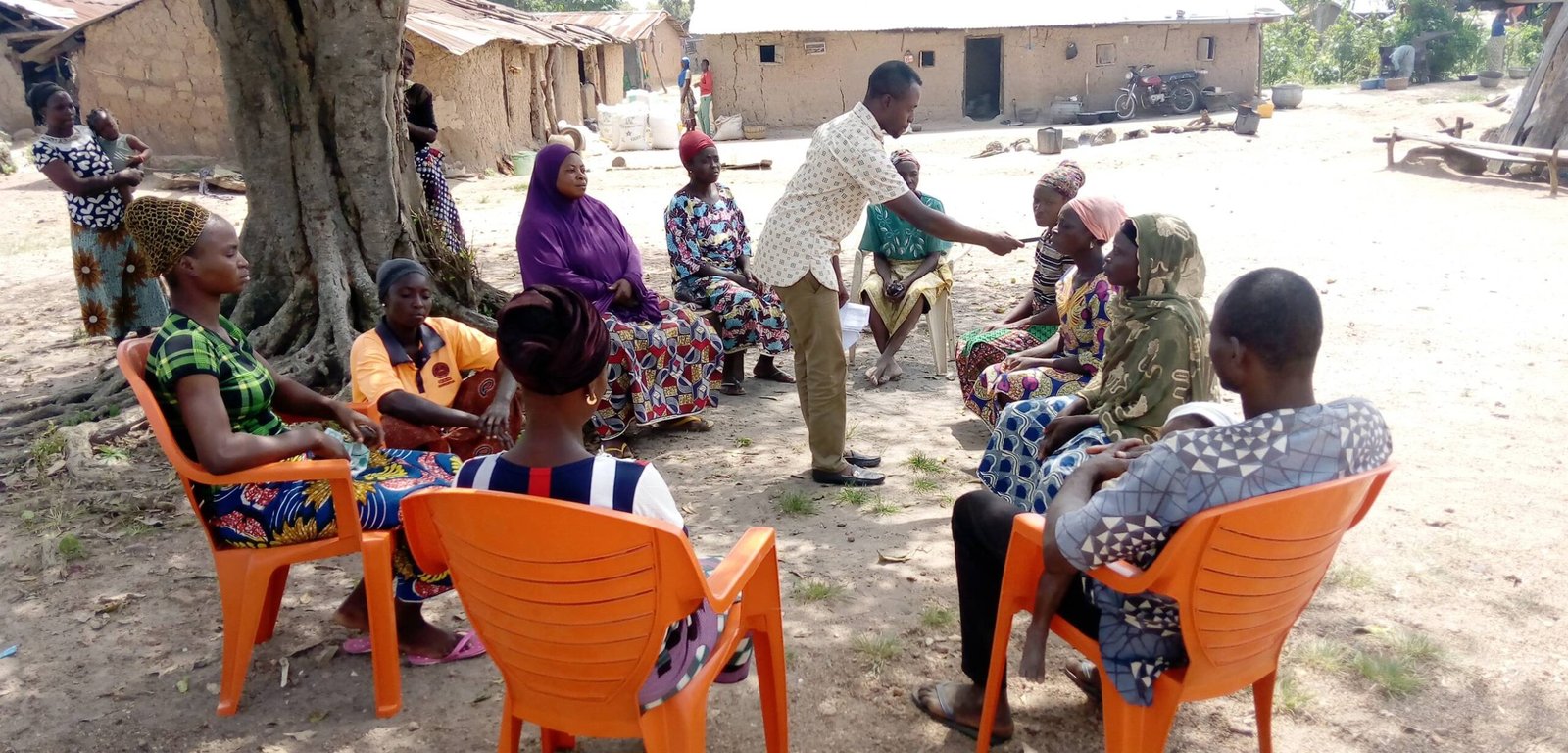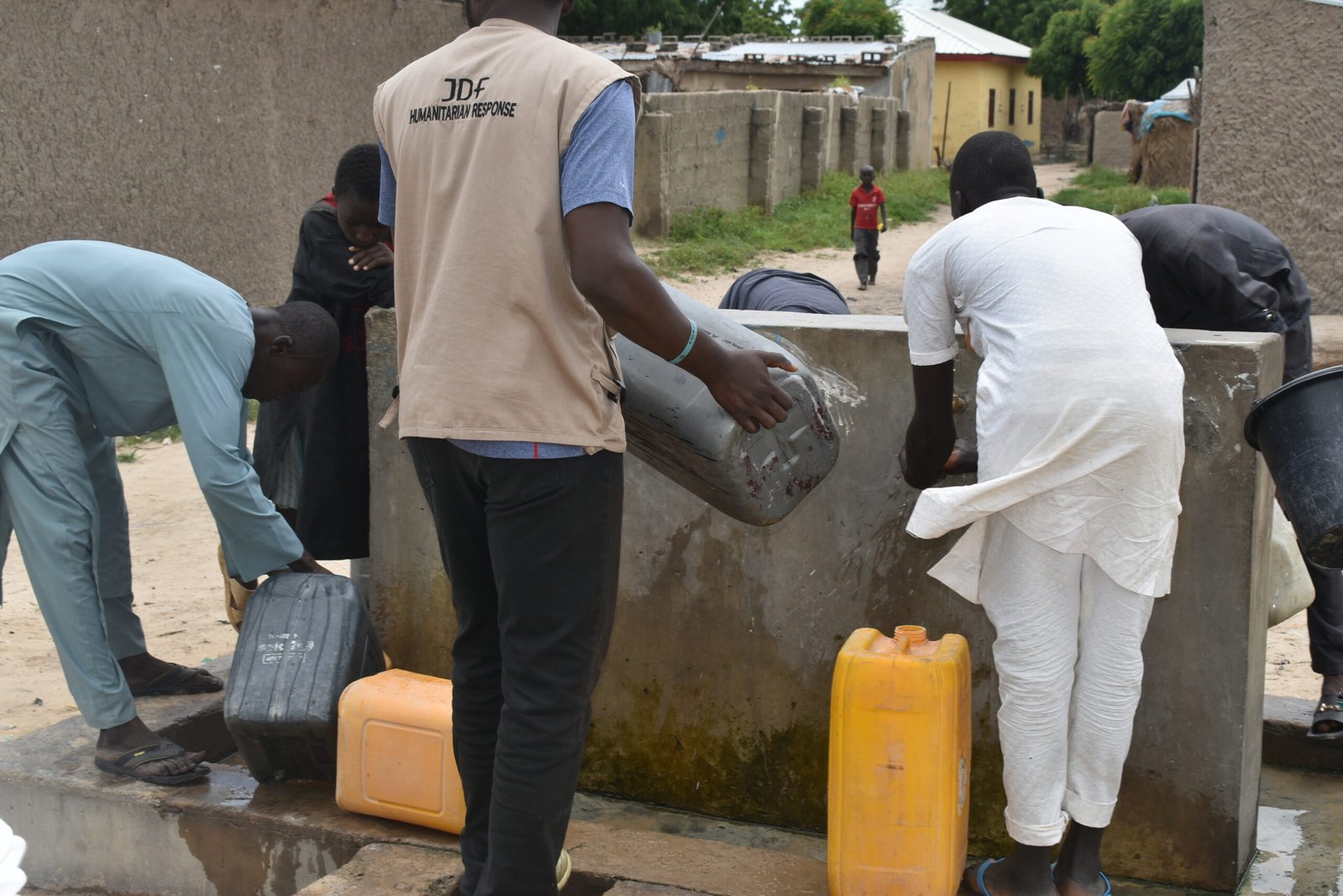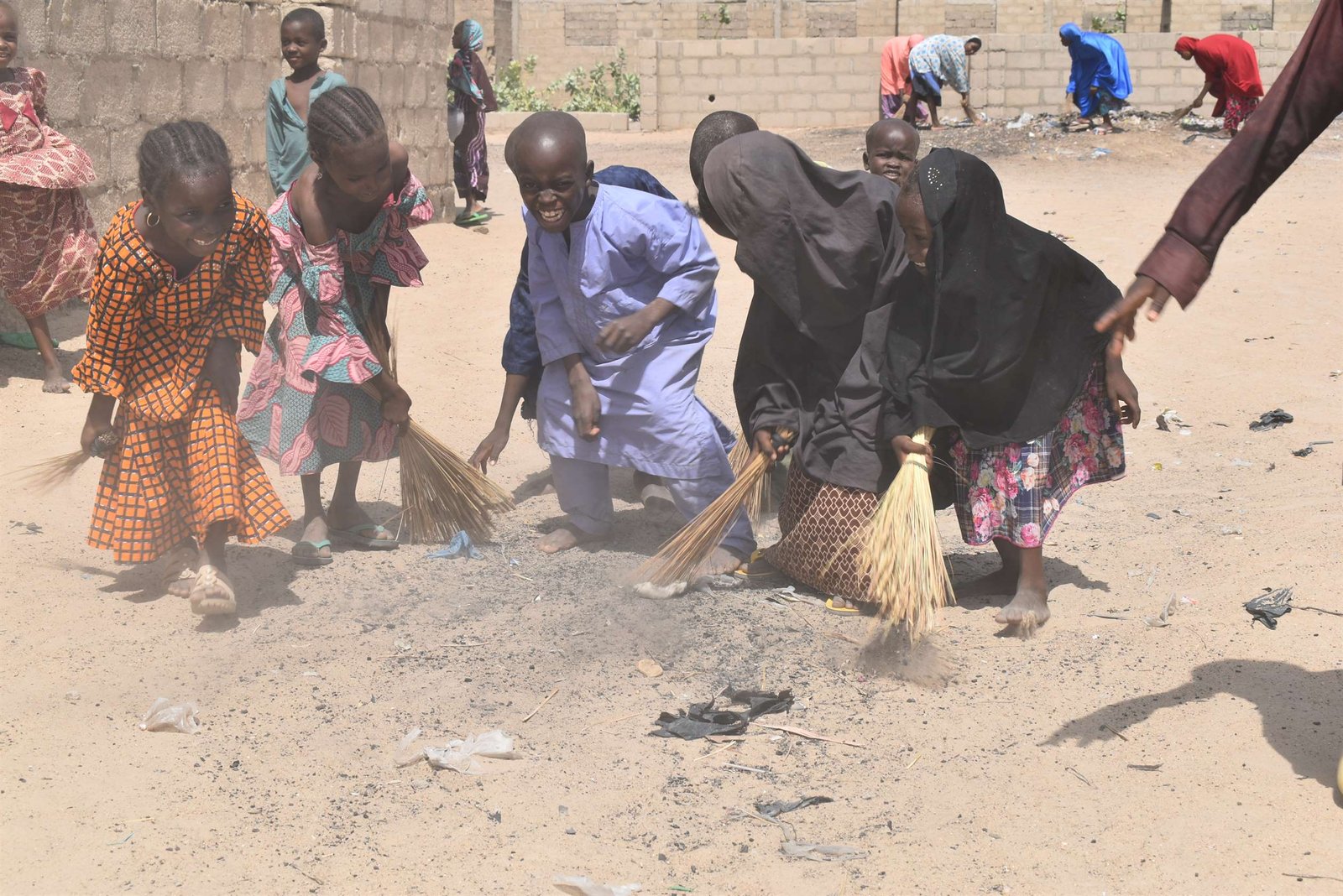Third-Party Monitoring (TPM)
Lead in Monitoring and Evaluation
The Nigeria Joint Response (NJR) is a Dutch Relief Alliance (DRA) sponsored consortium response in Northeast Nigeria, comprising of 12 organizations (5 INGO’s and 7NNGOs). The consortium aimed at providing wholistic humanitarian response to vulnerable target populations in Water Sanitation and Hygiene (WaSH), Nutrition, Protection and Food Security and Livelihood.
JDF as a consortium member was saddled with the responsibility of leading the Monitoring of team of the consortium. This responsibility included, design of monitoring and assessment systems, plans and tools.
This responsibility JDF delivered adequately until the closeout of the project in 2021


Design and implementation of accountability systems
JDF as MEAL lead of the NJR consortium, coordinated the design and implementation of an accountability system for the NJR consortium.
This process involved a joint assessment with beneficiaries (citizen engagement), design of a system based on the assessment findings, design of an Evaluation plan for the system, and the implementation of the system. This system entailed a beneficiary-centered approach to complaints and feedback reporting. Key strengths of the system included, flexibility, confidentiality, short response time, and user
friendliness.
TPM for the Nigerian Federal Government World Bank Assisted National Social Safety Nets Project (2020-2022)
JDF successfully executed this mandate and delivered on the desired objectives of the project for Two states of the federal republic of Nigeria (Nasarawa and Kwara States). Due to JDF’s exceptional delivery on the project, an additional Four (4) states were added to JDF to cover (Lagos, Ogun, Ondo, and Borno states). Hence JDF covered a total of six (6) states in Nigeria on the Federal Government’s World Bank assisted National Social and Safety Nets Programme (NASSP), this includes 2 states in North central, 3 states in Southwest and 1 state in the Northeast.

Our Mandate
- Check transparency and compliance with principles of identification of the poor and vulnerable households (PVHHs).
- Check transparency and compliance with principles of selecting beneficiaries.
- Verify payments of cash transfers to beneficiaries
- Establish amount of disbursement of cash transfer by Payment Service Providers (PSP) to beneficiaries selected from the National Social Register.
- Verify functionality of the grievance's management mechanism and the effectiveness for managing complaints and appeals.
- Assess adequacy of education, information, and communication mechanisms of the project at all levels
Image Gallery






